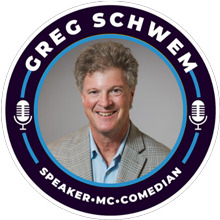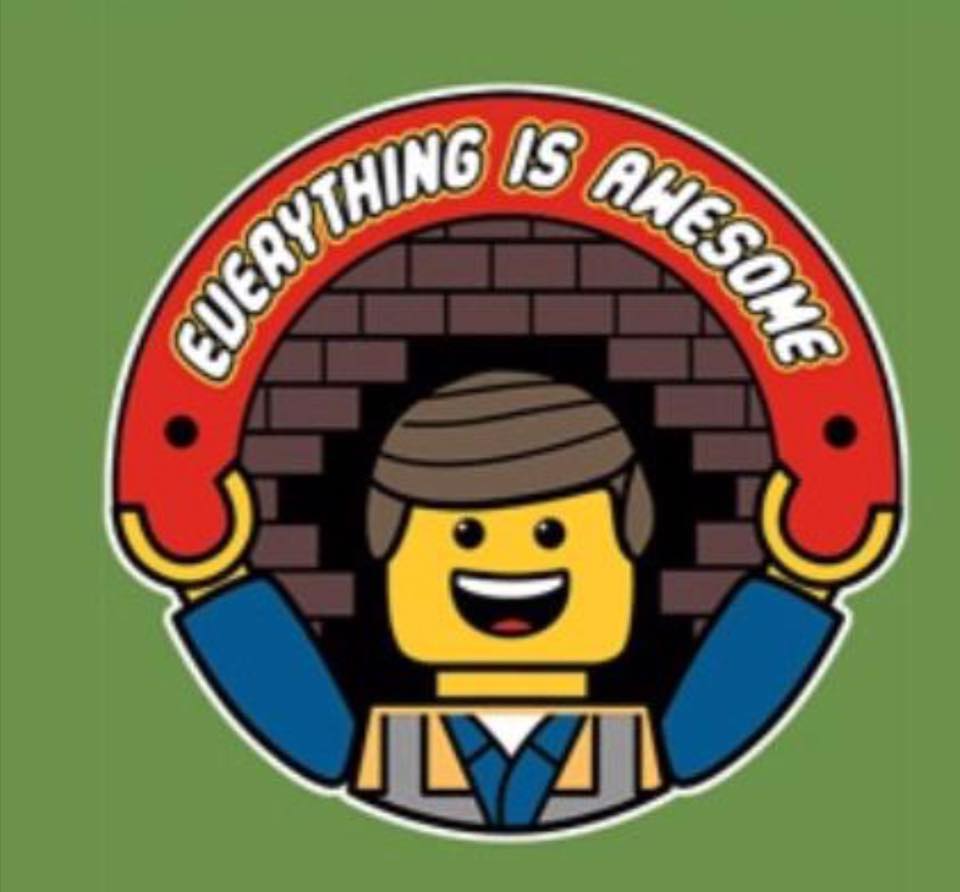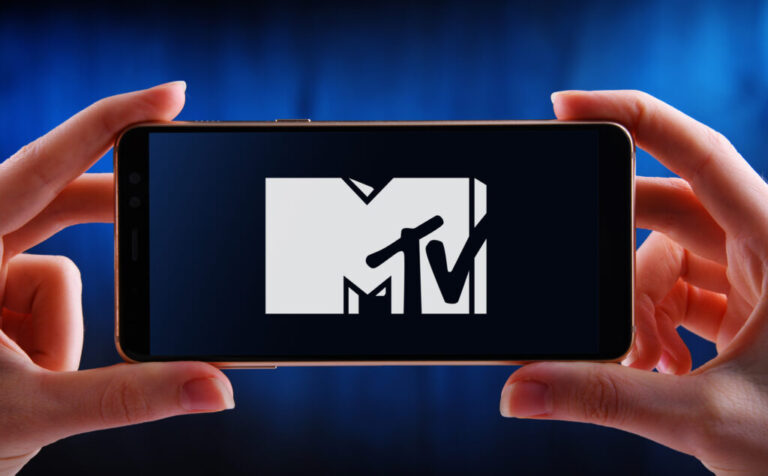Go ahead. Admit it.
This blog post is awesome.
I realize you’ve only read nine words up until now, but that should be plenty for you to categorize this column’s brilliance by using the currently most overused, and thereby most annoying, word in the English language. Forget the available synonyms; splendid, terrific or breathtaking could easily be used in place of awesome. And doing so would be, well, awesome! But we shun variety when doling out compliments. Quite simply, we are drowning in a sea of awesomeness, yet nobody seems willing to come up for air.
I can’t quite put my finger on whether there is a lone generation to blame for the “awesome” craze. I was tempted to single out millennials, just because it’s commonplace to blame that generation for … everything, and because I recently participated in a webinar conducted by Ashley, a late-20s executive at an inbound marketing company. When I logged on, Ashley announced my presence by stating, “I see Greg has joined. Awesome.” Of course, all I had done up until that point was click “join.” Hardly awesome behavior.
For the next 15 minutes, the “awesomes” flowed from Ashley’s mouth faster than beer in Munich during Oktoberfest. The company’s new software was awesome. The live demo conducted by another employee? Awesome as well. The question I submitted was awesome, as was the answer given by a third employee, who joined the webinar via Skype.
Isn’t technology awesome?
At the webinar’s conclusion, Ashley said all participants would receive an email survey and it would be awesome if everybody could provide feedback. Don’t worry, Ashley, my responses are forthcoming. And I’m sure you will find them awesome, even the one-word answers.
That’s my issue: We don’t even have to do anything tremendous, inspiring or astounding to join Planet Awesome. Sometimes, simply existing is enough. Don’t believe me? Mentally track the number of times the word is lobbed in your direction over the course of a single day. You’ll go to bed that evening feeling awesome, even though you haven’t accomplished anything.
Consider a recent day in my life: It began with a cycling class at my health club. My instructor labeled the early morning turnout awesome. As we labored through 45 minutes of inclines and speed training, three times our efforts were deemed awesome. When class concluded, we were asked to clean our bikes using the nearby antibacterial wipes.
“That would be awesome,” the instructor said.
From there it was off to the airport for a flight to Miami. “How’s it going today?” the flight attendant inquired as I boarded.
I refused to pad the numbers in my own experiment. “Breathtaking,” I said.
“Awesome,” she replied.
It only got worse from there. “Did you want cream in your coffee?” asked a second, male flight attendant when taking my drink order.
“Nope. Just black,” I said.
“Awesome.”
I smugly looked at my seatmate, who requested cream and, therefore, did not receive the accolades bestowed upon me.
“What brings you to Miami?” I asked.
“Heading home,” he replied. “You?”
“Business.”
“What’s your business?”
“I’m a comedian.”
“For real?” he asked. “That is so awesome.”
I slurped my coffee. Loudly.
Upon landing in Miami, I retrieved my bag and located my driver for the 30-minute ride to the hotel.
“How was your flight?” he asked.
“Awesome,” I said, beating him to the punch. I didn’t count that usage in my figures. Still, by 2 p.m., I had tallied 23 utterances of the word from a cast of characters spanning multiple genders, ethnicities and generations. So much for my millennial theory.
I wish I had a solution for this problem of awesome proportions. But abandoning a word that we have become fixated upon is not easily resolved. Witness our ever-increasing reliance on “like,” a word that is now being added to sentences spoken by professors, physicians, attorneys, novelists; basically, like everybody. My only suggestion is to become confrontational. Strongly disagree with anyone who thinks you’re awesome just because you have correct change at the drugstore. Then propose another word.
How about “standard?” As in, “Thanks for joining the webinar. That is so standard.”




The F-Bomb Has Gone Mainstream — And Nobody Cares Anymore